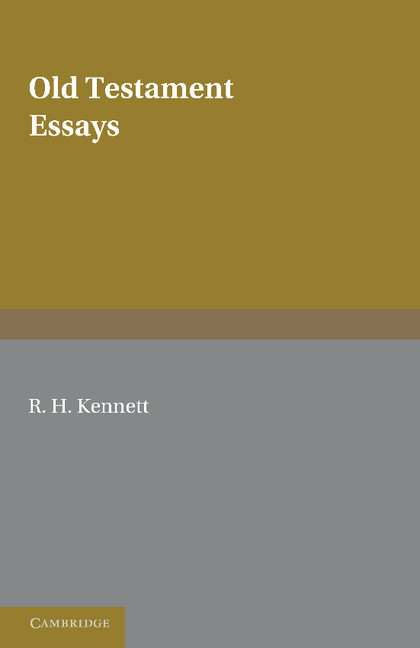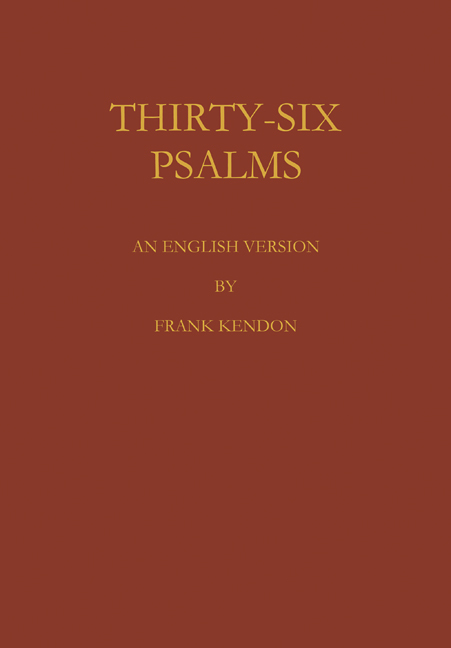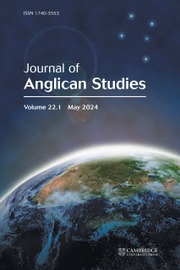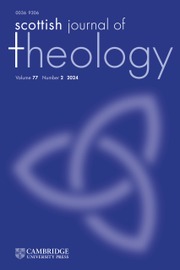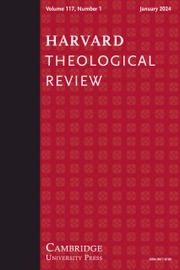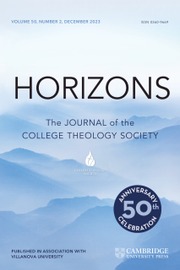Wine, Soil, and Salvation in the Hebrew Bible and New Testament
Biblical authors used wine as a potent symbol and metaphor of material blessing and salvation, as well as a sign of judgement. In this volume, Mark Scarlata provides a biblical theology of wine through exploration of texts in the Hebrew Bible, later Jewish writings, and the New Testament. He shows how, from the beginnings of creation and the story of Noah, wine is intimately connected to soil, humanity, and harmony between humans and the natural world. In the Prophets, wine functions both as a symbol of blessing and judgement through the metaphor of the cup of salvation and the cup of wrath. In other scriptures, wine is associated with wisdom, joy, love, celebration, and the expectations of the coming Messiah. In the New Testament wine becomes a critical sign for the presence of God's kingdom on earth and a symbol of Christian unity and life through the eucharistic cup. Scarlata's study also explores the connections between the biblical and modern worlds regarding ecology and technology, and why wine remains an important sign of salvation for humanity today.
- Organizes the biblical data on wine into logical categories that provide an overarching framework for how wine connects as a sign of salvation and/or judgment in the Hebrew Bible and New Testament
- Addresses environmental, technological and agricultural questions that emerge from the biblical text and offers modern parallels that relate to how we might address the challenges facing humanity today
- Makes a biblical theology of wine accessible to readers without specialised training in biblical studies or languages while still offering a critical and scholarly treatment of the subject
Reviews & endorsements
‘Scarlata has offered a comprehensive and engaging treatment of an unexpected topic. He roots the central biblical and theological symbol of wine in the daily reality of Iron-Age Israelites, first-century Jews, and early Christians, and further, he shows its import in our own time of ecological crisis and fresh agrarian thinking. Viewed from the perspective of viticulture, texts that are perhaps overly familiar (e.g., ‘I am the vine’) sound as fresh and as surprising as they were meant to sound to Jesus’ contemporaries.’ Ellen F. Davis, Amos Ragan Kearns Distinguished Professor of Bible and Practical Theology, Duke Divinity School
Product details
January 2025Adobe eBook Reader
9781009551137
0 pages
This ISBN is for an eBook version which is distributed on our behalf by a third party.
Table of Contents
- 1. Wine and the Bible
- 2. Adam, Cain, and Noah: The First Farmers of Genesis
- 3. Mountains Dripping with Sweet Wine: Blessing and Salvation
- 4. The Cup of Wrath: Wine as Curse
- 5. The Wisdom of Wine: Pleasures and Pitfalls
- 6. Wine in Later Jewish Writings
- 7. Salvation, Sacrifice, and the Kingdom of God: Wine in the New Testament
- Scripture Index.




